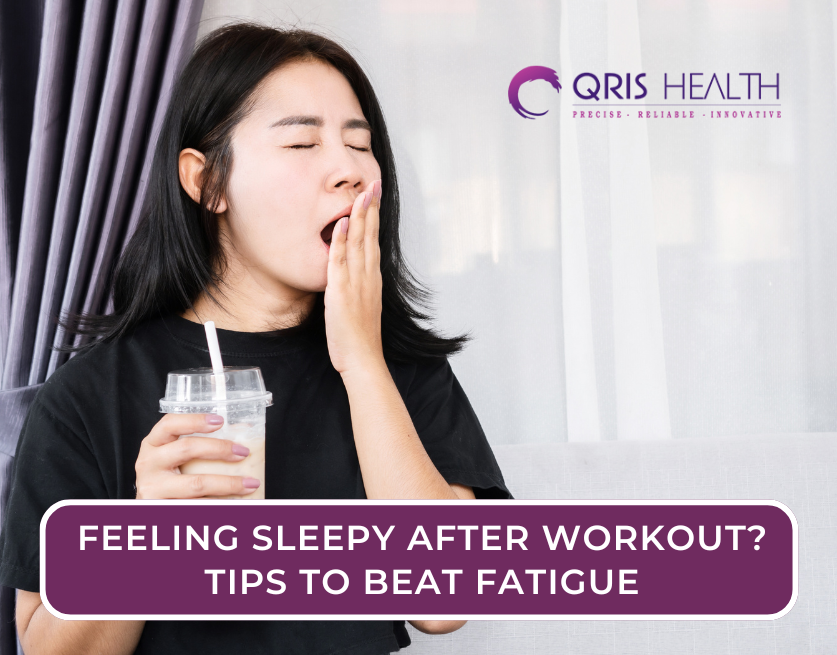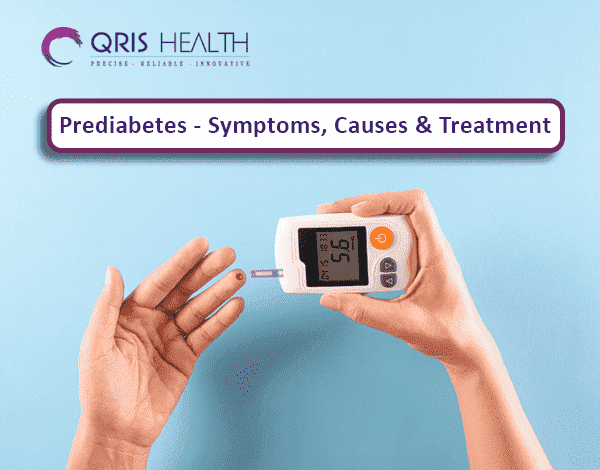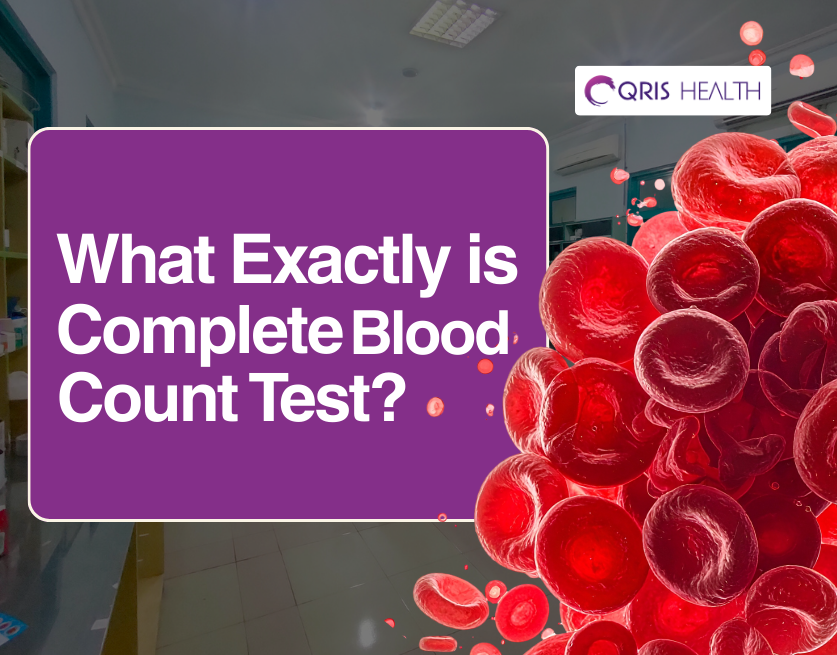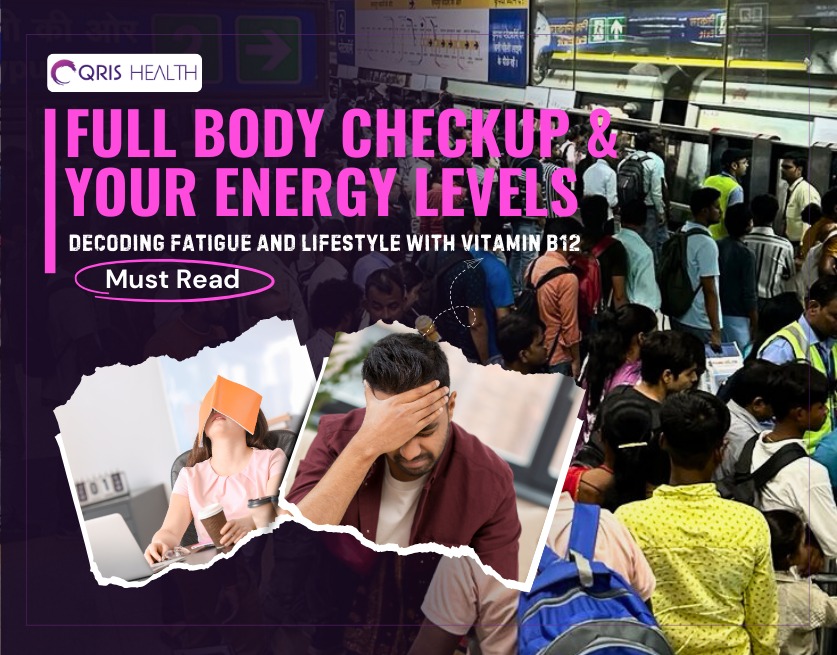Exercising forms a big part of exercising in our everyday lives. It helps to build muscles; it’s an effective way to improve your cardiovascular health; it raises your spirits. But if you get a feeling that you are sleepy excessively after the workout session then it becomes a problem and is not productive in the right sense. Soreness is a regular occurrence for most people after a workout, however, learning the type of tiredness one is likely to experience and how to deal with it can assist one get the best results once they decide to work out.
In this blog, you can read all about why you might feel sleepy after exercising, how this could have anything to do with your insulin and glucose levels, and the tricks to avoid getting too sleepy after exercise. This entry will also feature the Insulin Fasting Test in Delhi and Blood Glucose Fasting in Delhi, as well as a guide to a Full Body Checkup in Delhi.
Why Do You Feel Sleepy After a Workout?
Soreness is only natural to some extent especially if you have taken a particularly strenuous workout. But, just as with sleeplessness, overly exhaustion may be indicative of something else happening. Here are a few potential reasons:
1. Blood Sugar Levels:
While exercising the body’s main source of energy is glucose . If there is a problem with the kind of blood sugar, be it high or low, the result is fatigueness. After the exercise, you might be overwhelmed by drowsiness because the blood sugar levels in your body are lower.
Keeping a check on how you can cope with the changes in glucose level can be done through tests such as Blood Glucose Fasting in Delhi which shows you how your body is tiring up due to glucose level.
2. Insulin Sensitivity:
Exercise improves insulin sensitivity, allowing your muscles to better absorb glucose from your circulation. While this helps to maintain blood sugar levels, it can occasionally cause a dip in blood glucose after exercise, making you sleepy.
An Insulin Fasting Test in Delhi might reveal how your body controls insulin and whether this is related to your post-workout tiredness.
3. Dehydration:
Reduced water content is perhaps one of the reasons that lead to post-exercising weariness. When you exercise you lose some amount of fluids through the sweat and if these fluids are not replenished, it results in tiredness besides, there is reduced energy.
4. Nutrient Deficiencies:
Sometimes after working out the body can be tired due to low nutrient density in the body specifically, electrolytes which include sodium, potassium and magnesium. These nutrients are mainly involved in muscle contraction and energy metabolism.
5. Overtraining:
If you are excessively training without taking the right amount of rest you will find yourself suffering from overtraining syndrome. This can result in what may be referred to as chronic fatigue, lower productivity and increased cases of injury.
6. Lack of Sleep:
When using this type of rota, the body is unable to recover from workouts at night thus resulting in increased fatigue the following day.
The Role of Insulin and Blood Glucose in Post-Workout Fatigue
Insulin and blood glucose regulation can play an important role in working out a strategy to decrease fatigue after exercising. Insulin is a chemical that helps the body maintain blood sugar levels by permitting the cells of the human body to take up glucose for metabolism. That sounds logical when you consider that insulin sensitivity is also at a premium following exercise because glucose uptake in the muscles is optimized. This is healthy for body fitness but can sometimes cause shock consequences such as a sharp drop in blood sugar when one has not eaten well before or after exercising.
When your blood sugar levels become too low, the situation is reduced referred to as hypoglycemia, symptoms include dizziness, weakness and fatigue. On the other hand, if you have insulin resistance your body is unable to regulate the amount of glucose in your body properly hence leading to high levels of glucose and close-by energy dips.
These levels can be checked by taking an Insulin Fasting Test in Delhi or a Blood Glucose Fasting in Delhi to know what modifications to the person’s diet and exercise regime can help avoid the tiredness experienced after a workout.
Tips to Beat Post-Workout Fatigue
1. Dehydration:
Reduced water content is perhaps one of the reasons that lead to post-exercising weariness. When you exercise you lose some amount of fluids through the sweat and if these fluids are not replenished, it results in tiredness besides, there is reduced energy.
2. Nutrient Deficiencies:
Sometimes after working out the body can be tired due to low nutrient density in the body specifically, electrolytes which include sodium, potassium and magnesium. These nutrients are mainly involved in muscle contraction and energy metabolism.
3. Overtraining:
If you are excessively training without taking the right amount of rest you will find yourself suffering from overtraining syndrome. This can result in what may be referred to as chronic fatigue, lower productivity and increased cases of injury.
4. Lack of Sleep:
When using this type of routine, the body is unable to recover from workouts at night thus resulting in increased fatigue the following day.
The Role of Insulin and Blood Glucose in Post-Workout Fatigue
Insulin and blood glucose regulation can play an important role in working out a strategy to decrease fatigue after exercising. Insulin is a chemical that helps the body maintain blood sugar levels by permitting the cells of the human body to take up glucose for metabolism. This makes sense when you consider that following exercise, insulin sensitivity increases due to the optimized glucose uptake in the muscles. This is healthy for body fitness but can sometimes cause shock consequences, such as a sharp drop in the blood sugar, when one has not eaten well before or after exercising.
When your blood sugar levels become too low, the situation is reduced, referred to as hypoglycemia. Symptoms include dizziness, weakness, and fatigue. On the other hand, if you have insulin resistance, your body is unable to regulate the amount of glucose in your body properly, hence leading to high levels of glucose and nearby energy dips.
These levels can be checked by taking an Insulin Fasting Test in Delhi or a Blood Glucose Fasting in Delhi to know what modifications to the person’s diet and exercise regime can help avoid the tiredness experienced after a workout.
Conclusion
Regular health monitoring through tests like the Insulin Fasting Test in Delhi and Blood Glucose Fasting in Delhi is essential for identifying any underlying issues that could be contributing to your post-exercise sleepiness. Additionally, a Full Body Checkup in Delhi can provide a comprehensive overview of your health, ensuring that you’re on the right track.
At Qris Health, we’re committed to helping you achieve optimal health and wellness. Whether you’re looking to monitor your blood sugar levels, assess your insulin sensitivity, or get a full body checkup, our expert team is here to support you every step of the way. Don’t let post-workout fatigue hold you back—take control of your health today!






